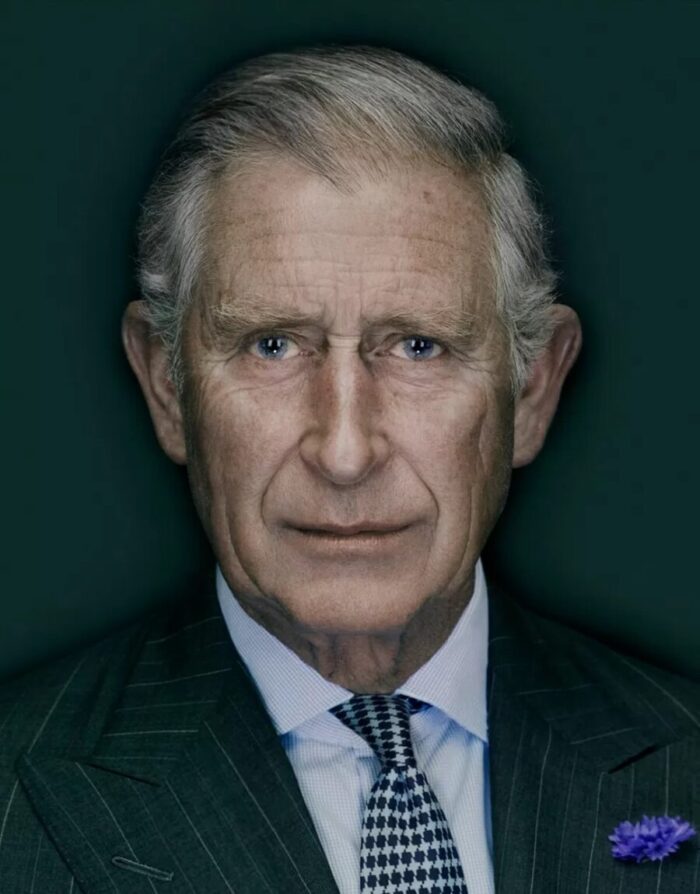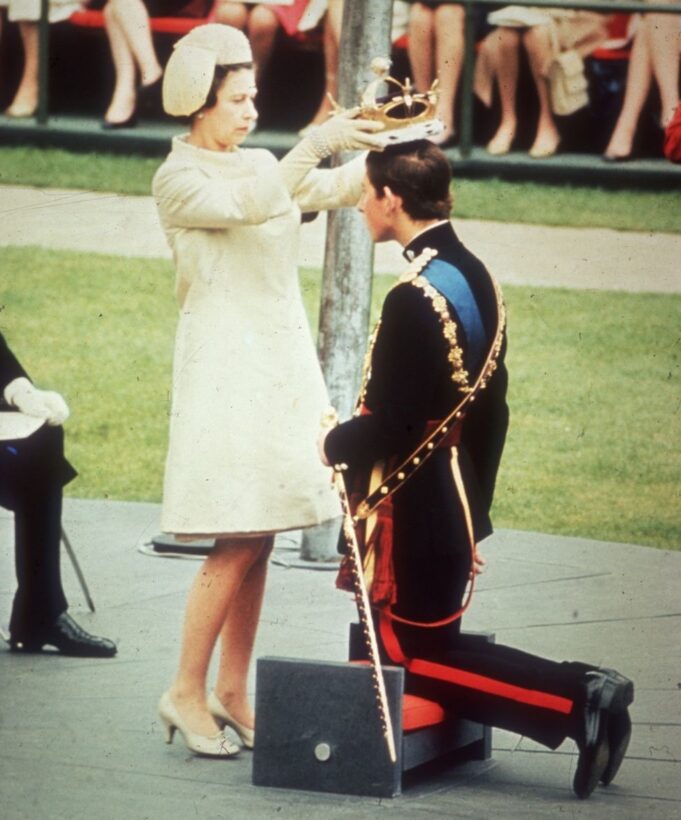With the death of Queen Elizabeth, Britain’s longest-reigning monarch and the nation’s figurehead for seven decades, Prince Charles is now king.
The Queen died at 96 on Thursday, Buckingham Palace said.
The throne passed immediately and without ceremony to the heir, Charles, the former Prince of Wales.
One of his first acts is to decide whether to reign as King Charles III, or take another name.
There will also be a new title for Charles’ wife, whose full title will be Queen Consort – consort is the term used for the spouse of the monarch.
In the first 24 hours or so after his mother’s death, Charles will be officially proclaimed King. This happens at St James’s Palace in London, in front of a ceremonial body known as the Accession Council, according to BBC.
This is made up of members of the Privy Council – a group of senior MPs, past and present, and peers – as well as some senior civil servants, Commonwealth high commissioners, and the Lord Mayor of London.
More than 700 people are entitled in theory to attend, but given the short notice, the actual number is likely to be far fewer.
At the last Accession Council in 1952, about 200 attended.
The King does not traditionally attend.
At the meeting, the death of Queen Elizabeth will be announced by the Lord President of the Privy Council (currently Penny Mordaunt MP), and a proclamation will be read aloud.
Breaking: Queen Elizabeth dies at 96
The wording of the proclamation can change, but it has traditionally been a series of prayers and pledges, commending the previous monarch and pledging support for the new one.
This proclamation is then signed by a number of senior figures including the prime minister, the Archbishop of Canterbury, and the Lord Chancellor.
The Accession Council meets again – usually a day later – and this time, the King will attend, along with the Privy Council.
There is no “swearing in” at the start of a British monarch’s reign, in the style of some other heads of state, such as the President of the US. But there is a declaration made by the new King and – in line with a tradition dating from the early 18th Century – he will make an oath to preserve the Church of Scotland.
“After a fanfare of trumpeters, a public proclamation will be made declaring Charles as the new King. This will be made from a balcony above Friary Court in St James’s Palace, by an official known as the Garter King of Arms.

He will call: “God save the King”, and for the first time since 1952, when the national anthem is played the words will be “God Save the King”.
“Gun salutes will be fired in Hyde Park, the Tower of London and from naval ships, and the proclamation announcing Charles as the King will be read in in Edinburgh, Cardiff and Belfast.
“The symbolic high point of the accession will be the coronation, when Charles is formally crowned. Because of the preparation needed, the coronation is not likely to happen very soon after Charles’s accession – Queen Elizabeth succeeded to the throne in February 1952, but was not crowned until June 1953,” BBC reports.
For the past 900 years the coronation has been held in Westminster Abbey – William the Conqueror was the first monarch to be crowned there, and Charles will be the 40th.
It is an Anglican religious service, carried out by the Archbishop of Canterbury. At the climax of the ceremony, he will place St Edward’s Crown on Charles’s head – a solid gold crown, dating from 1661.
This is the centrepiece of the Crown Jewels at the Tower of London, and is only worn by the monarch at the moment of coronation itself (not least because it weighs a hefty 2.23kg).
Charles has become head of the Commonwealth, an association of 56 independent countries and 2.4 billion people. For 14 of these countries, as well as the UK, the King is head of state.
These countries, known as the Commonwealth realms, are: Australia, Antigua and Barbuda, the Bahamas, Belize, Canada, Grenada, Jamaica, Papua New Guinea, St Christopher and Nevis, St Lucia, St Vincent and the Grenadines, New Zealand, Solomon Islands, Tuvalu.
- Alex Otti should publish Abia Forensic Report now - May 1, 2024
- FG approves 25%, 35% salary increment for civil servants - April 30, 2024
- CBN director: How I collected $600,000 contract bribe for Emefiele - April 29, 2024










